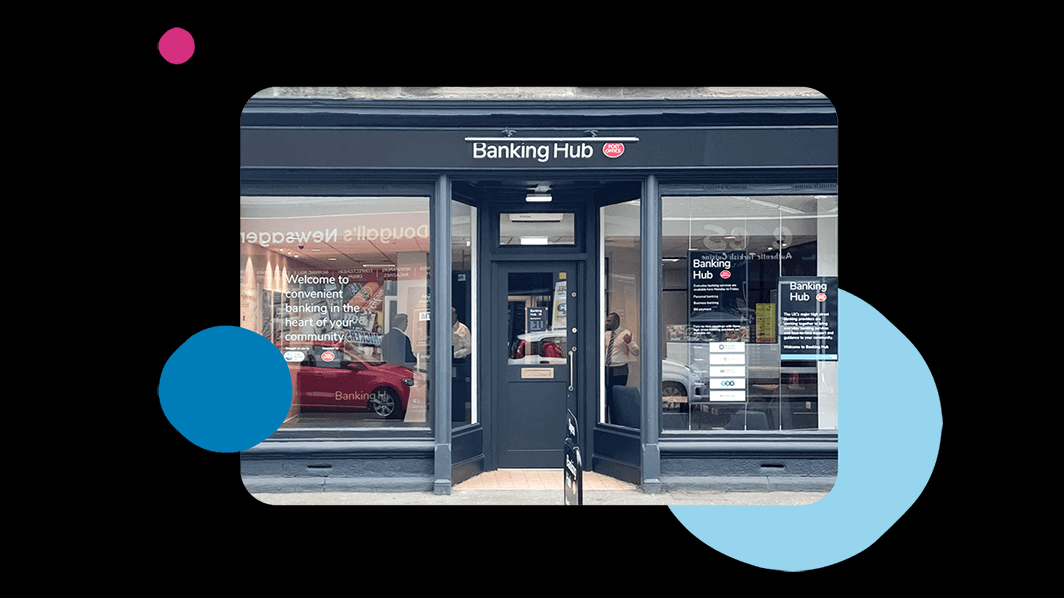Britain's Labour Party has unveiled ambitious plans to breathe new life into the nation's High Streets by opening hundreds of new banking hubs if it wins power in next month's general election.
The party on Monday said it would give regulators new powers to significantly boost the number of banking hubs – shared spaces where customers can access services from multiple banks. Labour is targeting the opening of 350 new hubs over the next five years, a seven-fold increase on the current total.
The move is a direct response to the crisis facing many communities after thousands of traditional bank branches were shuttered across the country in recent years. Consumer group Which? recently revealed that over 6,000 branches have closed since 2015, leaving many areas without easy access to in-person banking services.
"Labour's plan for growth means bringing banking back to High Streets, with hundreds of new banking hubs that can support local communities and their businesses," said Rachel Reeves, the shadow chancellor.
Under the Labour proposal, the Financial Conduct Authority (FCA) would be handed new legal powers to actively identify locations for new banking hubs and compel banks to open them. The party also wants to update the criteria for determining if an area qualifies for a hub.
Angela Rayner, Labour's deputy leader, noted: "With our plan to bring banking back to the High Street, replace business rates and cut energy bills for good, we will breathe new life back into Britain's High Streets.”
While the governing Conservatives have legislated to require the FCA to ensure "reasonable" cash access, ministers say they already have a "clear plan" in place. Bim Afolami, financial secretary to the Treasury, said: "We have taken bold action to ensure we are on track to deliver 225 more banking hubs."
However, an FCA consultation paper in December said "more must be done" on the timely delivery of banking hubs to plug gaps in cash access. Just 50 hubs have opened so far under a voluntary scheme operated by Link, the UK's largest cash machine network.
John Howells, Link's chief executive, said the hubs are "proving a very popular way of providing access to cash and basic banking for consumers and businesses who need to use a High Street branch." But he agreed many more were needed, with his organisation already having recommended locations for 132 potential new hubs.
Latest News
-
Gemini to cut quarter of workforce and exit UK, EU and Australia as crypto slump forces retrenchment
-
Bank ABC’s mobile-only ila bank migrates to core banking platform
-
Visa launches platform to accelerate small business growth in US
-
NatWest to expand Accelerator programme to 50,000 members in 2026
-
BBVA joins European stablecoin coalition
-
eToro partners with Amundi to launch equity portfolio with exposure to ‘megatrends’
Creating value together: Strategic partnerships in the age of GCCs
As Global Capability Centres reshape the financial services landscape, one question stands out: how do leading banks balance in-house innovation with strategic partnerships to drive real transformation?
Data trust in the AI era: Building customer confidence through responsible banking
In the second episode of FStech’s three-part video podcast series sponsored by HCLTech, Sudip Lahiri, Executive Vice President & Head of Financial Services for Europe & UKI at HCLTech examines the critical relationship between data trust, transparency, and responsible AI implementation in financial services.
Banking's GenAI evolution: Beyond the hype, building the future
In the first episode of a three-part video podcast series sponsored by HCLTech, Sudip Lahiri, Executive Vice President & Head of Financial Services for Europe & UKI at HCLTech explores how financial institutions can navigate the transformative potential of Generative AI while building lasting foundations for innovation.
Beyond compliance: Building unshakeable operational resilience in financial services
In today's rapidly evolving financial landscape, operational resilience has become a critical focus for institutions worldwide. As regulatory requirements grow more complex and cyber threats, particularly ransomware, become increasingly sophisticated, financial services providers must adapt and strengthen their defences. The intersection of compliance, technology, and security presents both challenges and opportunities.
© 2019 Perspective Publishing Privacy & Cookies













Recent Stories